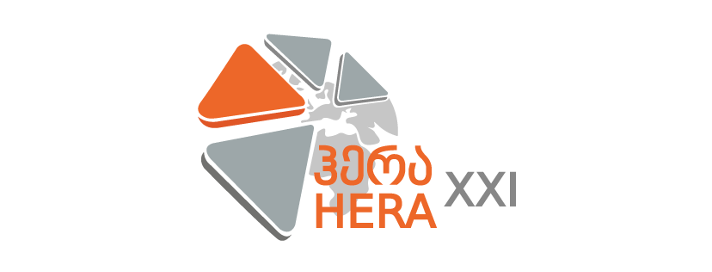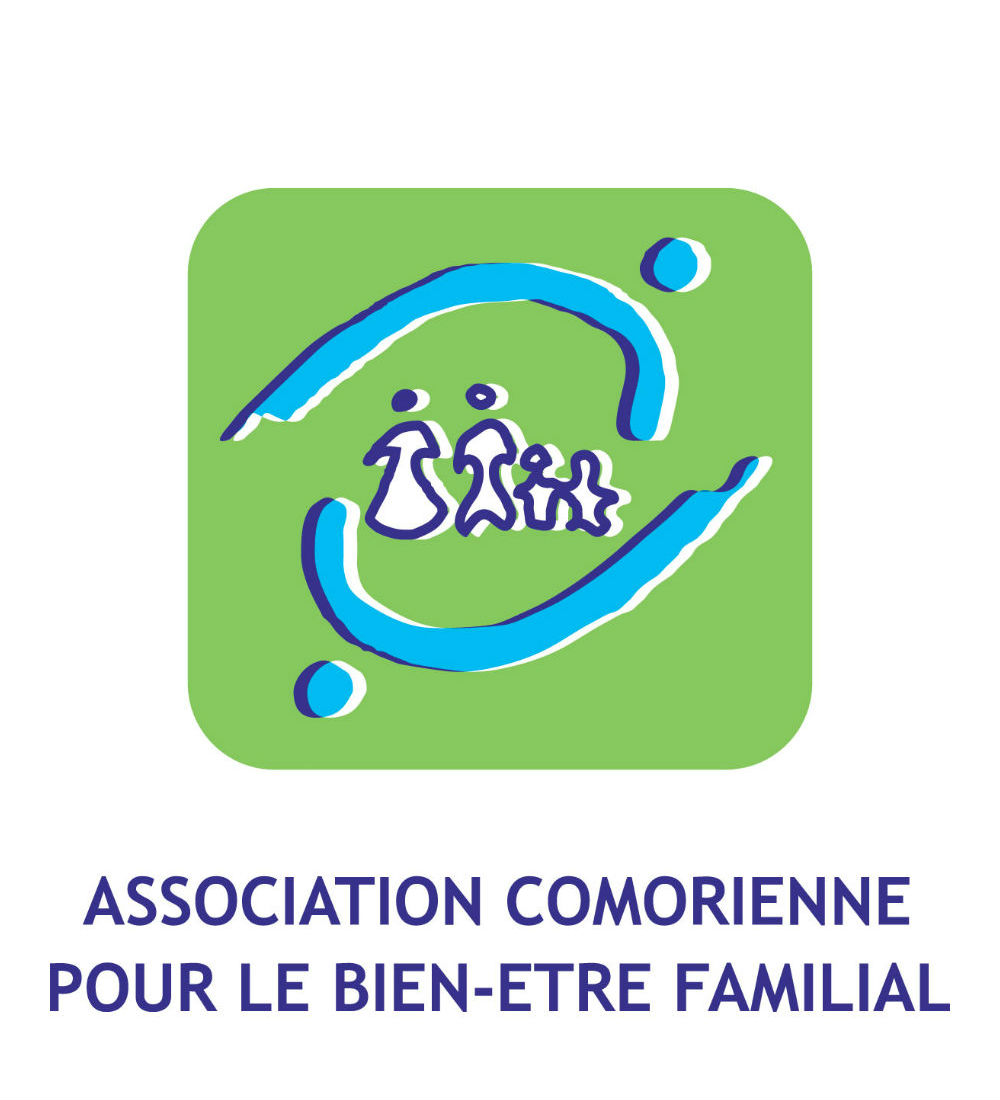

| 31 March 2016
Association HERA XXI - Georgia
Based in Tbilisi, Georgia, Association HERA XXI is a women’s rights organization working from the feminist perspective. It has been actively working in the fields of healthcare, sexual and reproductive health and rights (SRHR) and gender equality since 1998. HERA XXI offers comprehensive education to vulnerable societal groups, makes quality SRHR services more accessible, promotes development of institutions of volunteerism and activism and enhances strengthening and engagement of youth and community groups. Evidence-based advocacy, partnerships, awareness-raising, and results-oriented monitoring are essential approaches for achieving HERA XXI’s programmatic goals. Target groups: Girls and women of childbearing age; Girls and women living under the poverty line; IDP girls and women; Rural population; Girls and boys aged 14 to 25; High risk groups; Ethnic minorities; The following telephone and online/remote services can be received through the HERA XXI’s Call Center (Hot-line: 20 11 221): Consultation with a doctor/reproductive specialist; Legal consultation on sexual and reproductive rights and domestic violence; Consultation of a Social Worker for Internally Displaced People (IDPs); Online consultation service of a reproductive specialist and a legal consultant for young people - the service is available on the platform – www.youth-counseling.ge. Advocacy The Association contributes to the improvement of the political, social and economic environment of the country by promoting universal access to sexual and reproductive health services, maternal health, comprehensive education on reproductive health and healthy lifestyles, improving legal environment of children’s rights in terms of SRHR, advocating youth policies at local, national and international levels, and increasing readiness and awareness of decision-makers regarding sexual and reproductive health and rights.

| 31 March 2016
Association Comorienne pour le Bien-Etre de la Famille
Located off the eastern coast of Africa in the Indian Ocean, Comoros is an archipelago of 4 islands at the northern end of the Mozambique Channel between northeaster Mozambique and northwestern Madagascar. At a little over 1,800 square kilometres, it’s the third smallest nation in Africa, but has over 700,000 inhabitants. It is one of the most densely populated countries on the continent. A third of the population are women of reproductive age and the absence of essential health services presents major risks to their health and survival. High fertility levels allied to low contraceptive uptake, and widespread poverty combine to drive high risks related to sexual and reproductive health (SRH). In response, the Association Comorienne pour le Bien-Être Famille (ASCOBEF) is delivering a comprehensive range of sexual and reproductive health programmes and services. These include family planning, gynaecological counselling and services, antenatal care, information, education and communication (IEC) programmes and behaviour change communications (BCC) activities to promote health-seeking behaviour. It is also playing a major advocacy role in the fight against gender-based violence, and has provided extensive victim support. The majority of ASCOBEF's clients are poor, marginalized, socially excluded and/or under-served. ASCOBEF deliver services and programmes supported by volunteers, Youth Action Movement members and peer educators. ASCOBEF works in partnership with non-governmental organizations (NGOs) including Réseau Femmes et Développement. It receives financial support from UNFPA, the Global Fund, UNICEF and the World Health Organization.







